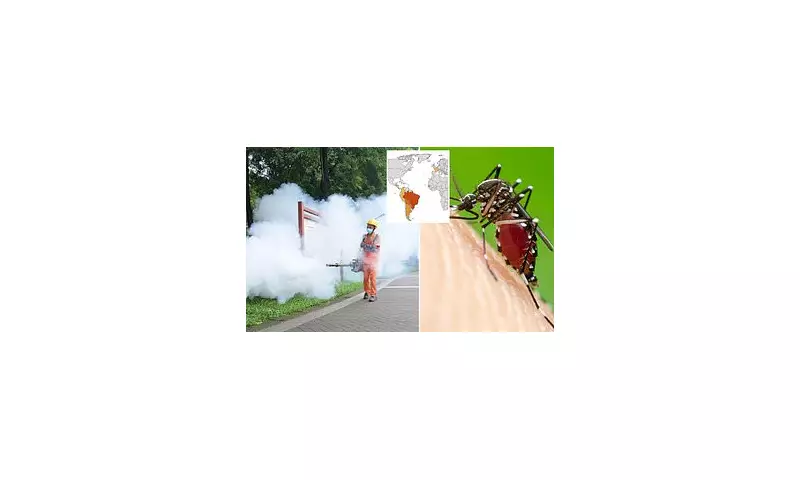
The US Centers for Disease Control and Prevention (CDC) has issued a significant travel health advisory urging heightened precautions for travellers visiting China, following a concerning outbreak of the mosquito-borne chikungunya virus.
The Level 1 'Watch' alert—the lowest of three tiers—calls for travellers to practice enhanced precautions to prevent infection. This development has captured the attention of UK health authorities monitoring the potential for international spread.
Understanding the Chikungunya Threat
Chikungunya virus is transmitted to humans through the bites of infected mosquitoes, primarily the Aedes aegypti and Aedes albopictus species. These same mosquitoes are known to spread dengue and Zika viruses.
Health officials are particularly concerned about the current outbreak in China, where local transmission has been identified. The virus causes debilitating symptoms that can persist for months.
Symptoms to Watch For
Infected individuals typically experience:
- Sudden high fever reaching 40°C (104°F)
- Severe joint pain and stiffness, often in hands and feet
- Muscle pain, headache, and fatigue
- Joint swelling and rash
While most patients recover fully, joint pain can sometimes persist for months or even years, causing chronic discomfort and disability.
Protection Measures for Travellers
The CDC recommends several protective measures for those travelling to affected regions:
- Use EPA-registered insect repellents containing DEET, picaridin, or oil of lemon eucalyptus
- Wear long-sleeved shirts and long trousers treated with permethrin
- Stay in accommodations with air conditioning or window screens
- Remove standing water where mosquitoes breed
There is currently no specific antiviral treatment or commercial vaccine for chikungunya virus. Medical care focuses on relieving symptoms with rest, fluids, and pain medications.
Global Health Implications
This alert comes as health organizations worldwide monitor the spread of mosquito-borne illnesses exacerbated by climate change and increased global travel. UK health authorities are advising returning travellers who develop symptoms within two weeks to seek medical attention and mention their travel history.
While the immediate risk to the UK population remains low, health experts emphasize the importance of vigilance and preventive measures, especially as international travel continues to rebound post-pandemic.





